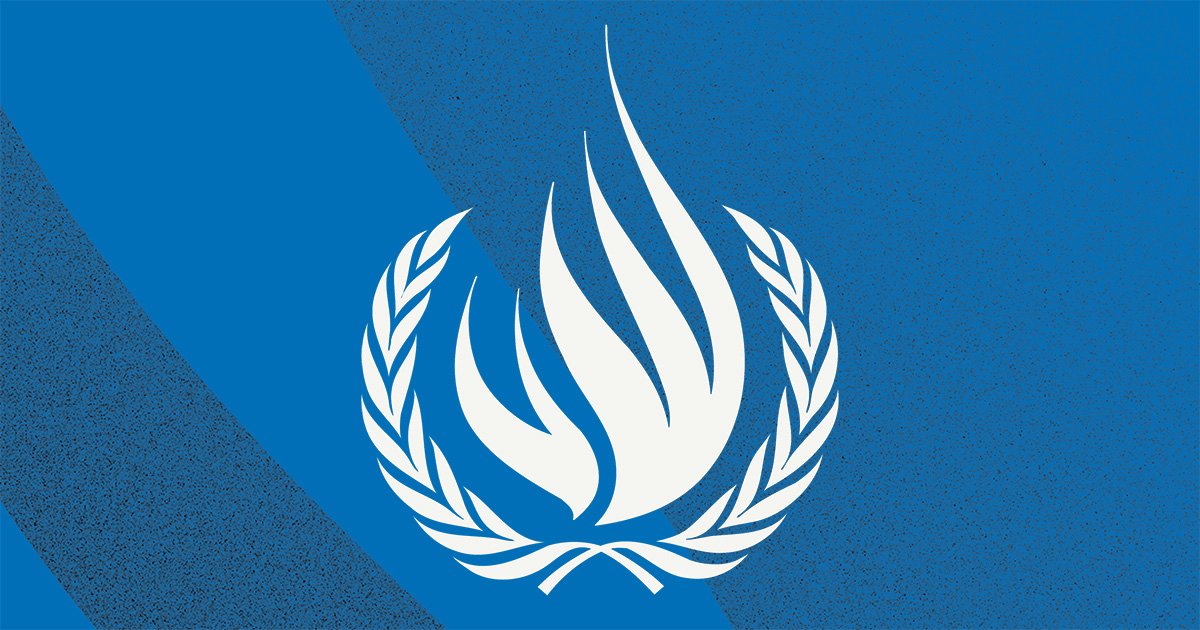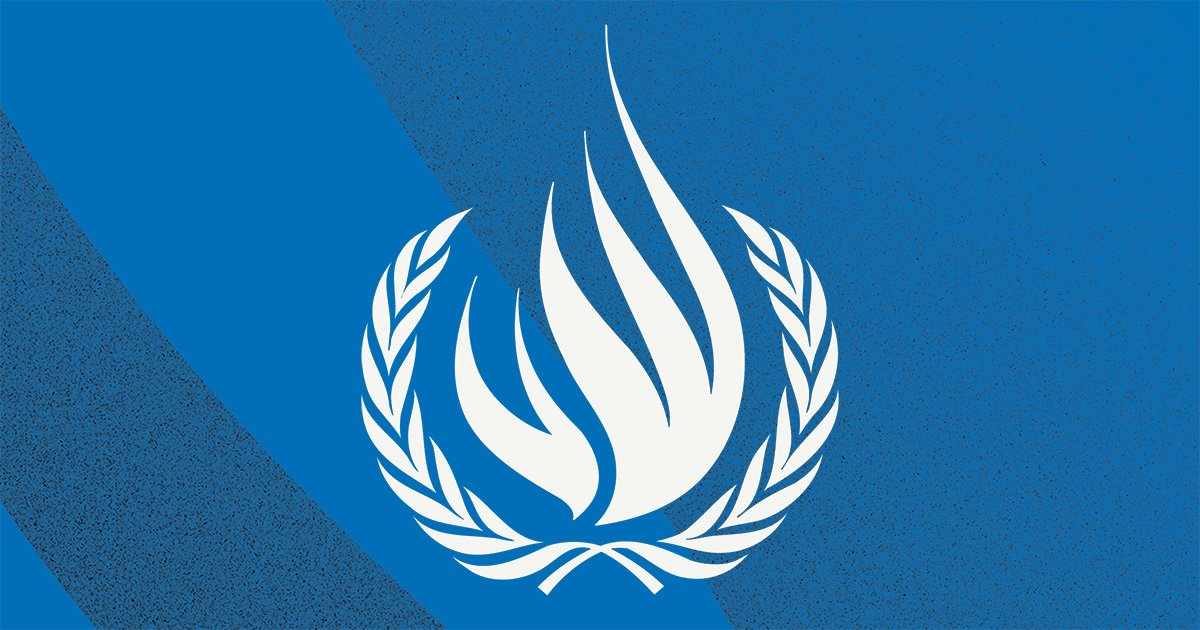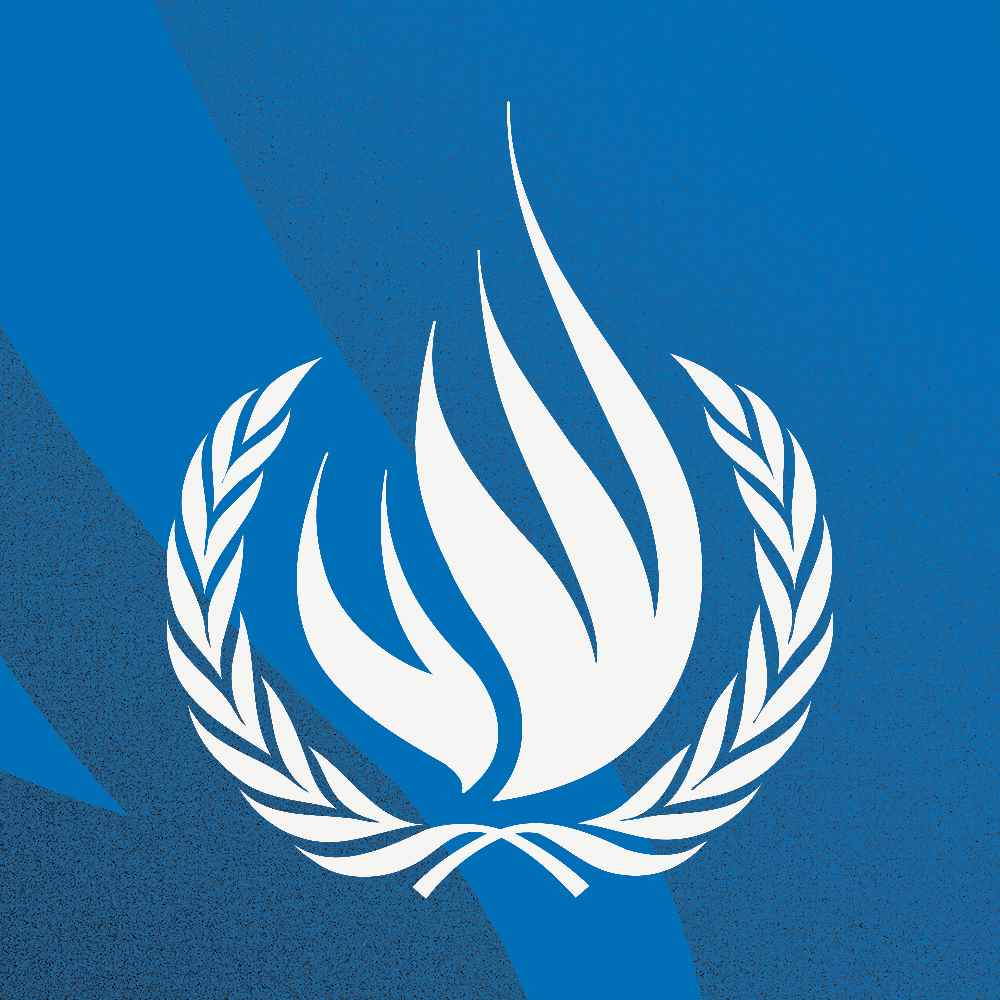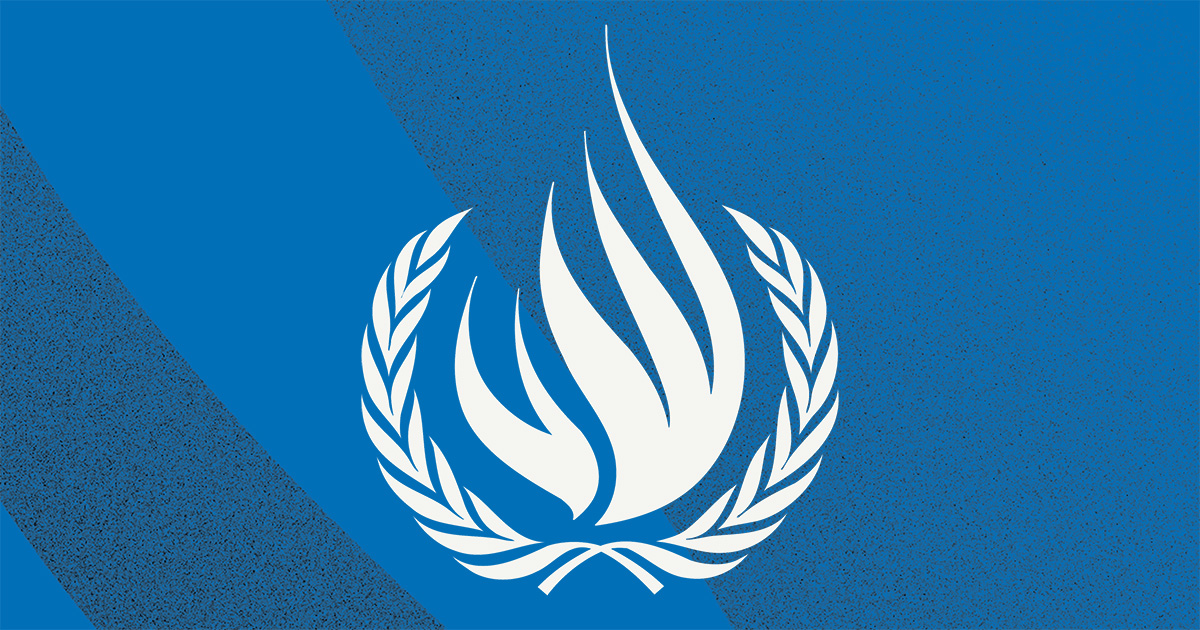
An alarming increase in enforced disappearances of citizens exercising their rights to freedom of expression, association and participating in matters of public interest is reported in Venezuela since December 2023, UN experts* said today.
In their majority, those being forcibly disappeared are members of the main opposition political party, as well as members of the military.
“As the country gears up for the presidential election in July 2024, enforced disappearances could have a chilling effect and hinder the people’s right to vote freely,” the UN Working Group on Enforced or Involuntary Disappearances said.
“These prolonged incommunicado detentions amount to enforced disappearances. They appear to follow a pattern whereby individuals are deprived of their liberty by State authorities, taken to recognised detention facilities and denied fundamental rights and protections such as contact with the outside world and access to legal assistance,” the experts said.
Depriving an individual of their liberty, followed by the refusal to acknowledge their detention, or concealing their fate or whereabouts, places them outside the protection of the law. This constitutes an enforced disappearance, regardless of the duration of such deprivation of liberty or concealment, the Working Group said.
"It is crucial that accurate information on people deprived of liberty be guaranteed without delay to those with a legitimate interest, such as their relatives and legal representation of their choice,” the experts said.
The crime of enforced disappearance entails the violation of multiple human rights, they said. These include the right to recognition as a person before the law, the right to liberty and security, and the right to be free from torture.
"The fundamental rights of the relatives of the disappeared person are also being violated," they said.
"In these situations, relatives of those forcibly disappeared are often left with the burden to search for their loved ones, in detention centres where they are systematically denied information about their fate or whereabouts and may be exposed to reprisals”, the experts said. “The State has the obligation to search for and unveil the truth on the disappeared. Impunity for these crimes undermines confidence in the rule of law and institutions and perpetuates a climate of fear and insecurity in society."
"We urge the Government of Venezuela to prevent, eradicate, and sanction all acts of enforced disappearances, to provide information on the fate and whereabouts of individuals currently detained incommunicado by the State, and to provide them with all legal guarantees, including the right to communicate with, and be visited by, their relatives, access to legal counsel and the right to be produced before a court of law with jurisdiction to determine the lawfulness of their detention," the experts said.
The Working Group on Enforced or Involuntary Disappearances is in contact with the authorities in this regard and expressed to the Government its availability to provide technical cooperation and assistance, with a view at ensuring that the human rights of individuals deprived of their liberty and their relatives are respected, and that any cases of enforced disappearance are investigated and addressed in line with international human rights law.
*Ms. Aua Baldé (Chairperson), Ms. Gabriella Citroni (Vice-Chairperson), Ms. Angkhana Neelapaijit, Ms. Grażyna Baranowska and Ms. Ana Lorena Delgadillo Pérez are members of the Working Group on Enforced or Involuntary Disappearances.
The Special Rapporteurs are part of the Special Procedures of the Human Rights Council. The Special Procedures, the largest body of independent experts in the United Nations human rights system, is the general name for the Council"s independent investigative and monitoring mechanisms that address specific country situations or thematic issues in all parts of the world. Special Procedures experts work on a voluntary basis; they are not UN staff and do not receive a salary for their work. They are independent of any government or organization and serve in their individual capacity.
For further information and inquiries, please contact: Koat Aleer (koat.aleer@un.org) or (hrc-wg-eid@un.org).
For media inquiries about other UN independent experts, please contact Dharisha Indraguptha (dharisha.indraguptha@un.org).
Follow news related to UN independent human rights experts on Twitter @UN_Experts.












